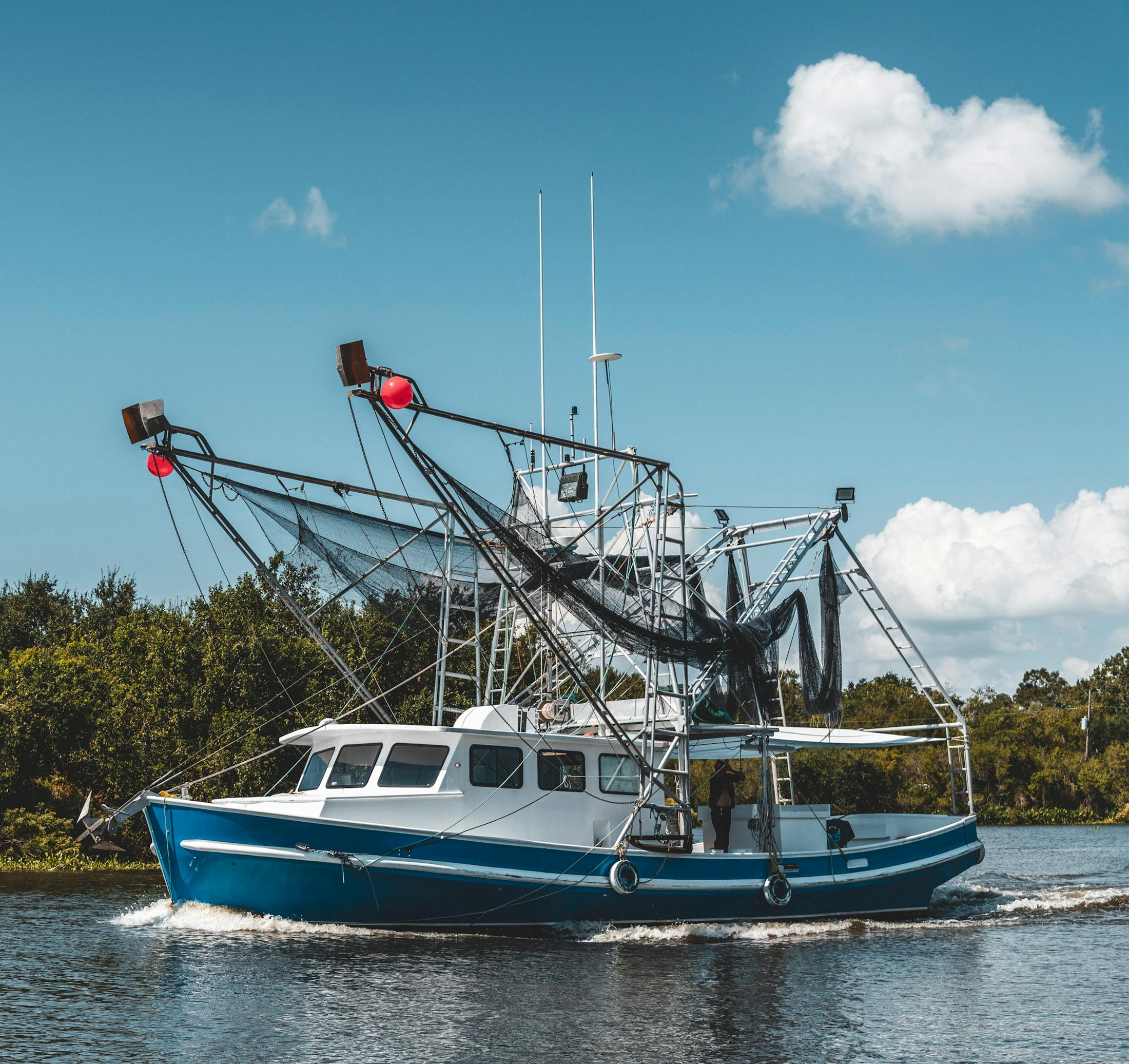If you’ve been injured while working offshore, recovering the compensation you are owed can be an overwhelming process. At Laborde Earles, our New Orleans Maritime Injury Lawyers are here to fight for full compensation in your case.
How the Jones Act Protects Maritime Workers
The Merchant Marine Act of 1920 (46 U.S.C. § 30104 ), also known as the Jones Act, is a federal law that applies to eligible maritime employees. It allows them to file a personal injury lawsuit against their employers.
The legislation applies to crew members who work aboard or around vessels and those whose work on navigable waters. The Jones Act offers injured offshore workers an opportunity to receive maintenance and cure benefits from their employer if they are hurt in an offshore accident.
Maintenance covers an injured seaman’s daily living expenses, while cure pertains to injury-related medical costs. Our maritime injury attorneys in New Orleans can explain concepts like these in detail as they relate to your case.





























